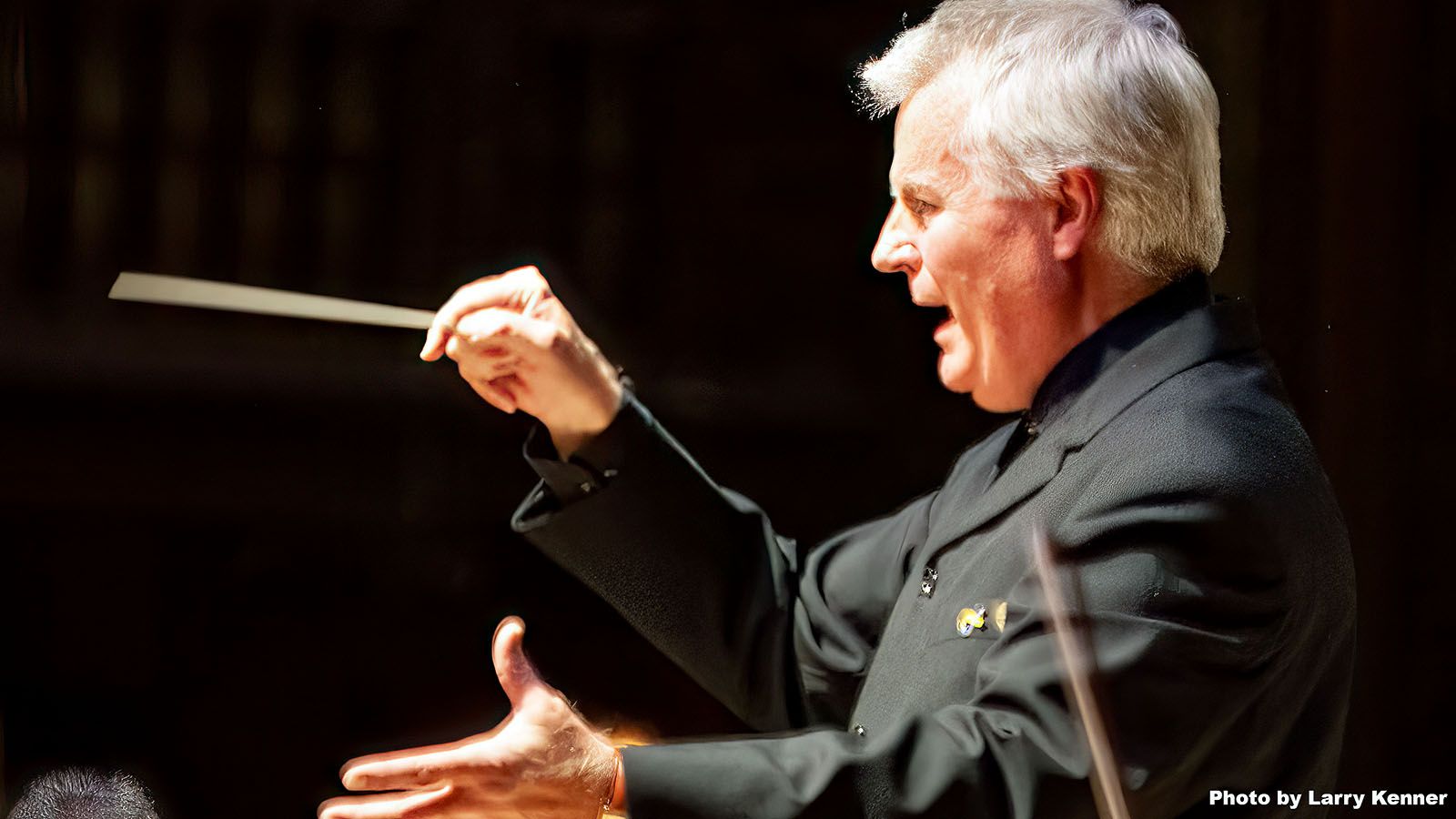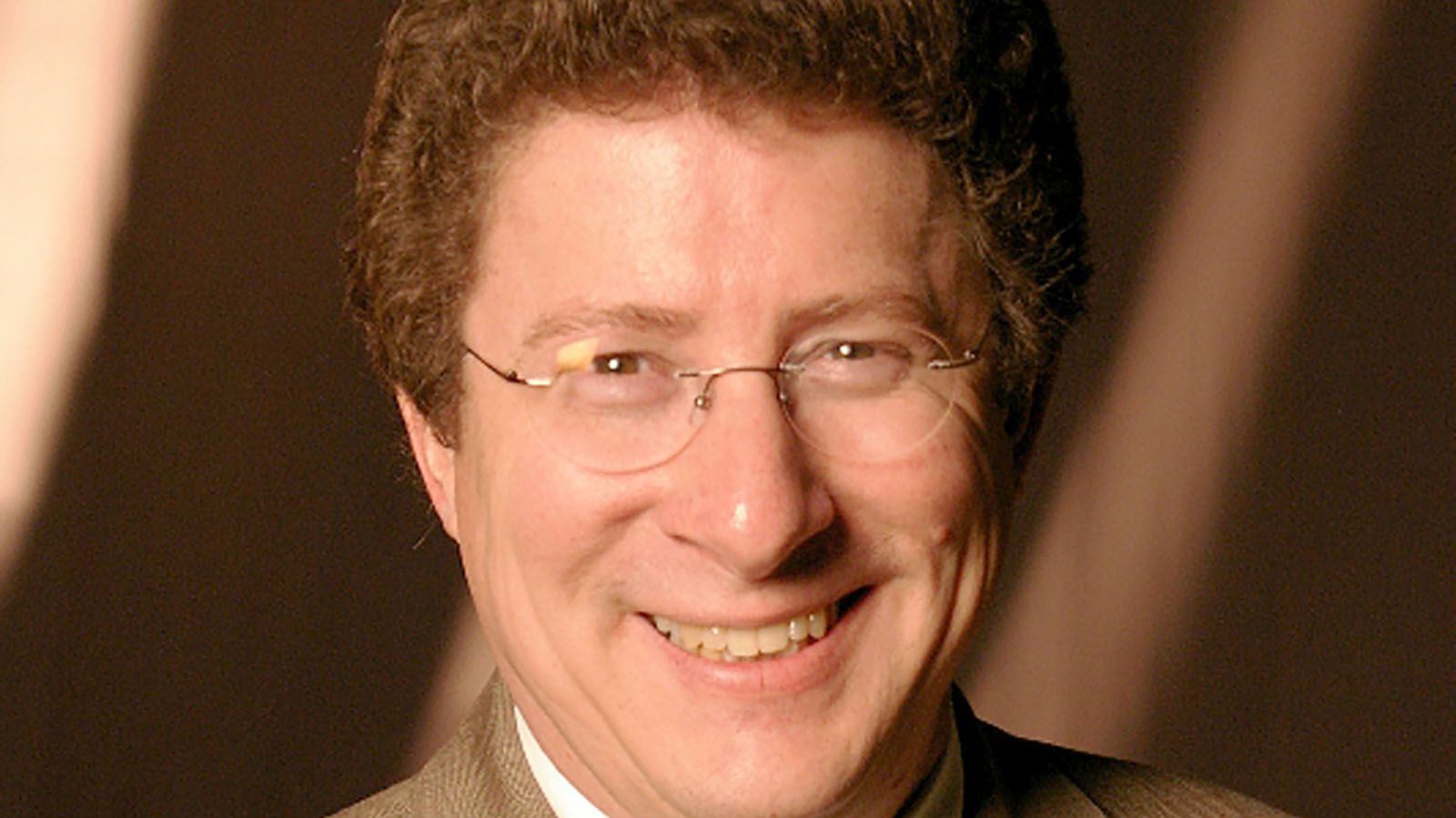In the world of progressive bluegrass, there are few bands as popular as Yonder Mountain String Band.
Formed in 1998 in the small town of Nederland, Colorado, a stone’s throw from Boulder, the band have released 12 full-length albums, with three reaching No. 1 on the Billboard Bluegrass chart. Their most recent LP, 2022’s Get Yourself Outside, earned them their first Grammy nomination.
They also have an album planned for release Nov. 8, Nowhere Next, which bassist Ben Kaufmann has high hopes for, especially considering the I’d Like Off EP that was released in April also hit the top spot on the bluegrass chart.
Yonder Mountain String Band
7:30 p.m. Friday, Oct. 4
Niswonger PAC
10700 Ohio 118, Van Wert
$25-$55 · (419) 238-6722
“It’s the best record we’ve done,” he said in a phone interview with Whatzup. “It’s not even close. It’s so interesting and feels like it’s pushing the envelope of what we think of as progressive bluegrass, at least for our contribution to that world.”
Kaufmann said the band are working about half of the songs from the upcoming album into their shows. You’ll have the shot to catch some of those songs, as well as many of others from their vast catalog, when they stop at Niswonger Performing Arts Center in Van Wert on Friday, Oct. 4
Change of heart
Kaufmann has been with the group from the beginning. He was there with mandolinist and vocalist Jeff Austin, Dave Johnston on banjo, and Adam Aijala on guitar when they played their first gig at Boulder’s Fox Theatre in 1998.
Before he was at the forefront of a musical movement, Kaufmann was listening to big band jazz, which is the case when your father is in such band. Born in Pittsburgh, Kaufmann grew up learning to play piano and upright bass in New England.
Despite music being such a large part of his upbringing, including playing in bands in high school, he actually ended up attending film school at New York University.
However, it didn’t take long for him to realize that wasn’t his scene, and he left after his sophomore year.
“It wasn’t really working for me,” Kaufmann said. “I’m less drawn to big cities and urban environments, particularly at the time.”
It was at this time that he happened upon the progressive bluegrass band Leftover Salmon, who were actually at Sweetwater Performance Pavilion this year. In an interview with Leftover Salmon’s Vince Herman ahead of that show, he mentioned that he had moved to Boulder from West Virginia because he had heard there was a good bluegrass scene. As it would turn out, Kaufmann would be following that same trail.
“There was a music venue called The Wetlands (Preserve), which was sort of like the hippie music venue in New York City,” Kaufmann said. “I went to see a show, and the opening band was Leftover Salmon, who I had never heard of before. I was really taken with them and the energy and spirit of their music.
“So, I did look into where they were from. This was concurrent with me needing to find an alternative to NYU, an alternative to the film studies path that I temporarily thought I wanted to participate in. I ended up finding the University of Colorado in Boulder.”
And what he found was something beautiful.
“There’s a reason everyone wants to work and live in Boulder. It’s cool. It’s beautiful. There’s a lot of opportunities,” he said.
“There was something very palpable and obvious about the energy of the place — the potential of the place. It seemed very much like the place I needed to be. As it turned out, it was.”
Drawn Together
Getting deep into the jam band Phish, Kaufmann moved out to Boulder with a friend and formed a couple bands before answering an ad at a music store for a bluegrass/newgrass band seeking a bassist.
That band, Mountain Standard Time, changed his musical trajectory, and led him to forming a band called Tree Full of Pigs.
Among the gigs the band booked was at a coffeehouse in Nederland, which has a population of 1,500 people, according to the 2020 U.S. Census. In attendance was Austin.
Following their show, Austin introduced himself to Kaufmann, letting him know his banjo-playing friend was moving to town soon and that they’d be open to jamming some time.
That banjo player was Johnston, and that chance encounter led to the foundation of Yonder Mountain String Band being formed. Once Aijala joined the fold, the band was able to play gigs, which they began at Fox Theatre.
Forming a following
In much the same way they found each other in Colorado, with Austin and Johnston hailing from Illinois, their sound also grew organically, drawing from each other’s influences.
That sound led to a cross-breed between jam band and bluegrass.
“For a band like us, most of us didn’t grow up listening to bluegrass music,” Kaufmann said. “By the time we found that music and fell in love with it, you have all these other influences. The best music is authentic. It would be inauthentic, I think, for us to try to present ourselves as a traditional bluegrass band. Those just weren’t our influences as young people. Our songwriting style and instincts are more of an amalgamation of everything that we were influenced by growing up. It just very naturally began to present itself as something non-traditional.
“We were very familiar with the culture of what would come to be called jam-band music.”
With their own record label, Frog Pad Records, Yonder Mountain debuted with the 1999 album Elevation. It wasn’t until their fourth album, 2002’s live set Mountain Tracks: Vol. 2, that they entered the Billboard charts, and would not leave.
There next nine albums have all charted in the Top 5 of the chart, with three of those being live Mountain Tracks albums.
However, during that run, Austin departed in 2014, leading to fiddle player Allie Kral and mandolin player Jacob Jolliff becoming official members. Those two would also leave by 2022, with Nick Piccininni and Coleman Smith coming aboard.
Losing Austin, who would sadly die in 2019, was a blow to the band, but the co-founders were not ready to hang it up.
“The first iteration of the band, that was our big impact,” Kaufmann said. “A lot of people really connected strongly with our original lineup. But with any relationship, some just run their course.
“In the grand scheme of the musical world, we exist in this very small corner of it. But within that corner, we’re a big deal. So that decision to break up the original band, in our small world, was a huge deal.
“Then you have to decide, now what? Do you want to stop playing music? Do you want to do something totally different? Three out of the four of us were so invested in all of the time, the years and the miles and the songs we had written. We just weren’t prepared to call it quits. So, we pivoted about a decade ago, and we have a Grammy nomination, we’re playing these amazing shows and playing for amazing people and having these energetic, music experiences that are as rewarding, if not more rewarding, than those at the beginning. The goal for us has always been to have a musical life and be able to create opportunities for ourselves where we can continue to do that.”
Having a good time
Yes, the music goes on, and so do their high-energy shows.
“The whole thing has always been about fun,” Kaufmann said. “That begins with us. We’ve created this life for ourselves because we love music and we want to have experiences regularly where you can come see us loving what we do. In theory, that translates (to the crowd). One of the things we’ve heard through our career is, ‘You guys are having such a good time up there and it’s contagious.’ By the time the show is over, the goal is that everybody has caught that energy and leaves feeling better than when they got there.”
And according to Kaufmann, that’s what good bluegrass/newgrass/progressive bluegrass is supposed to do.
“Bluegrass, it’s a sound and it’s a feeling,” he said. “I think you either hear it — you hear the sound of the banjo, you hear the way the instruments blend and move together — and you fall in love with it or you don’t. I don’t know that there’s much middle ground.”
 Submit Your Event
Submit Your Event




